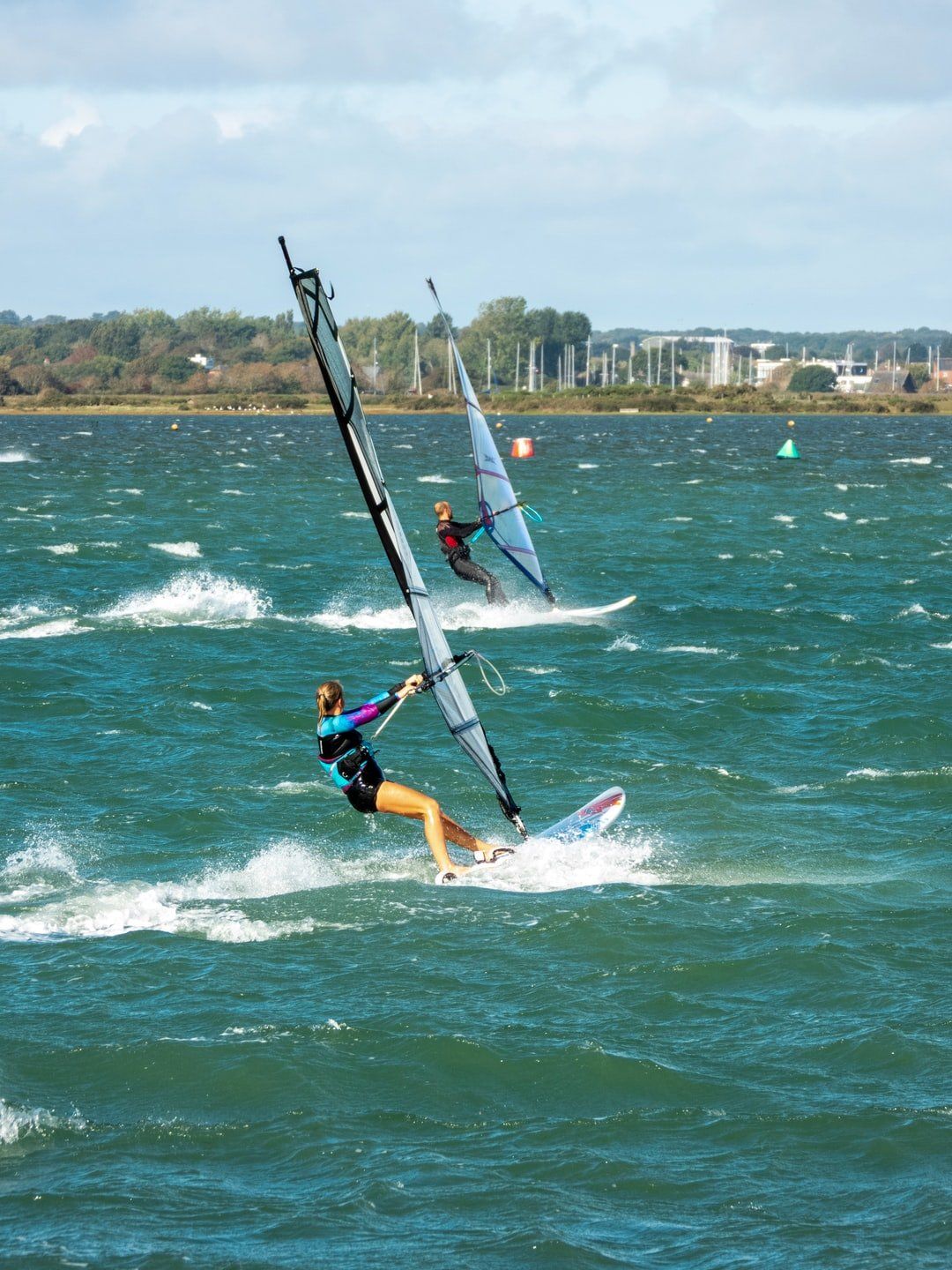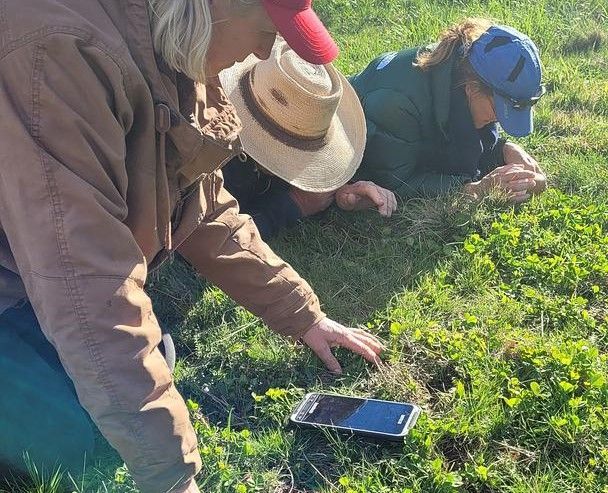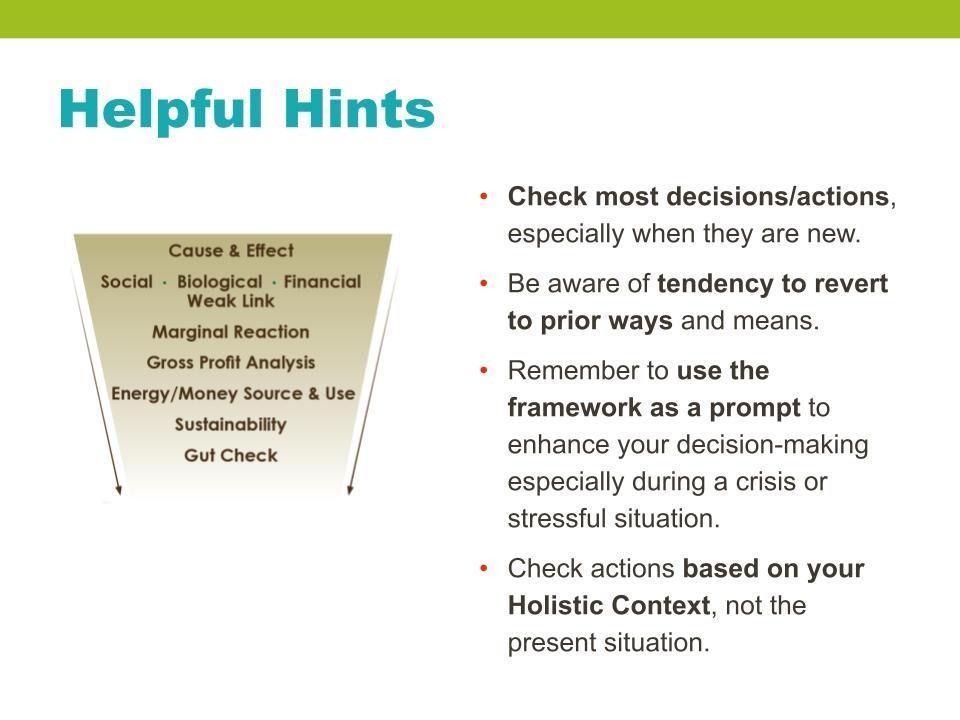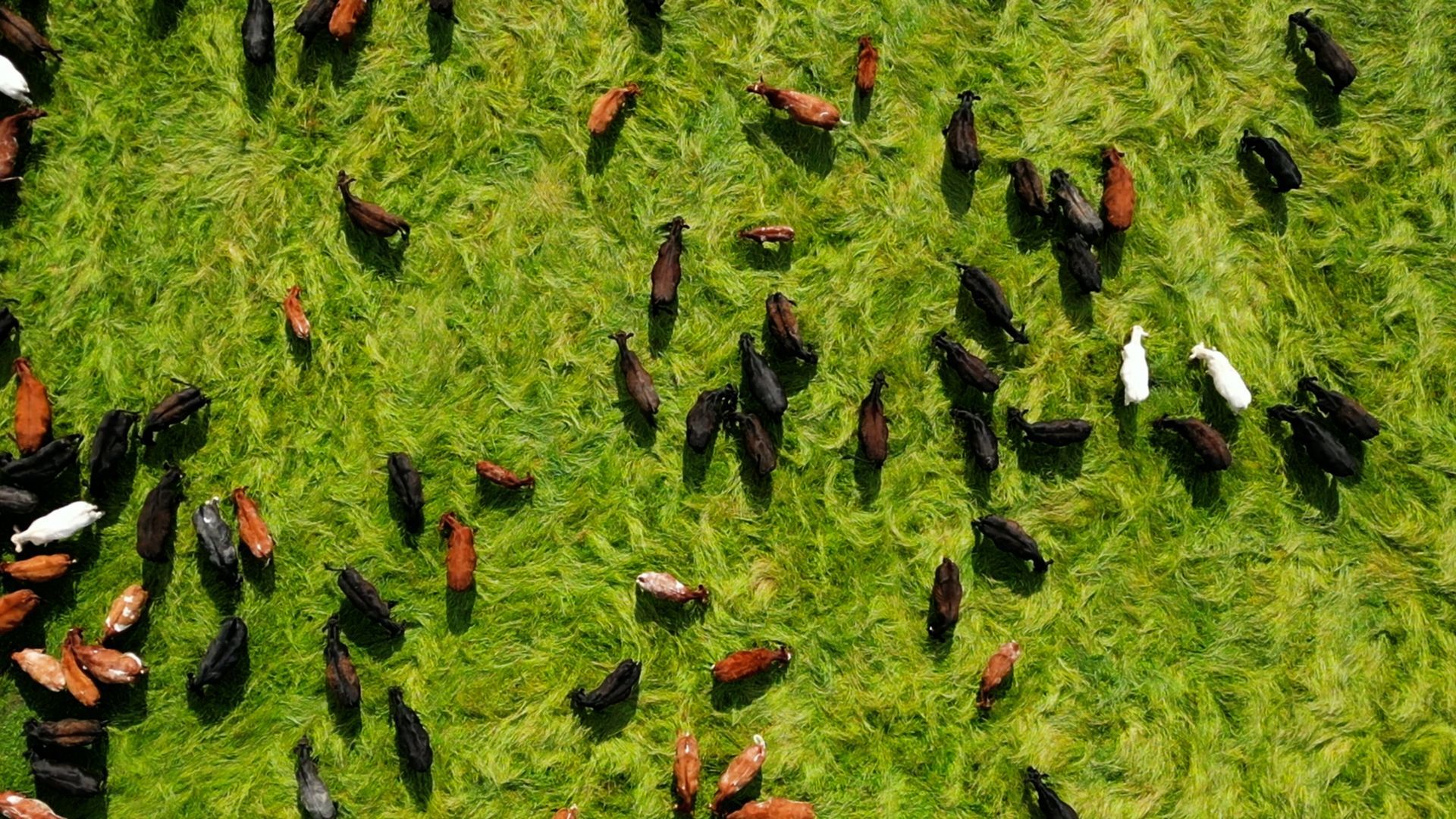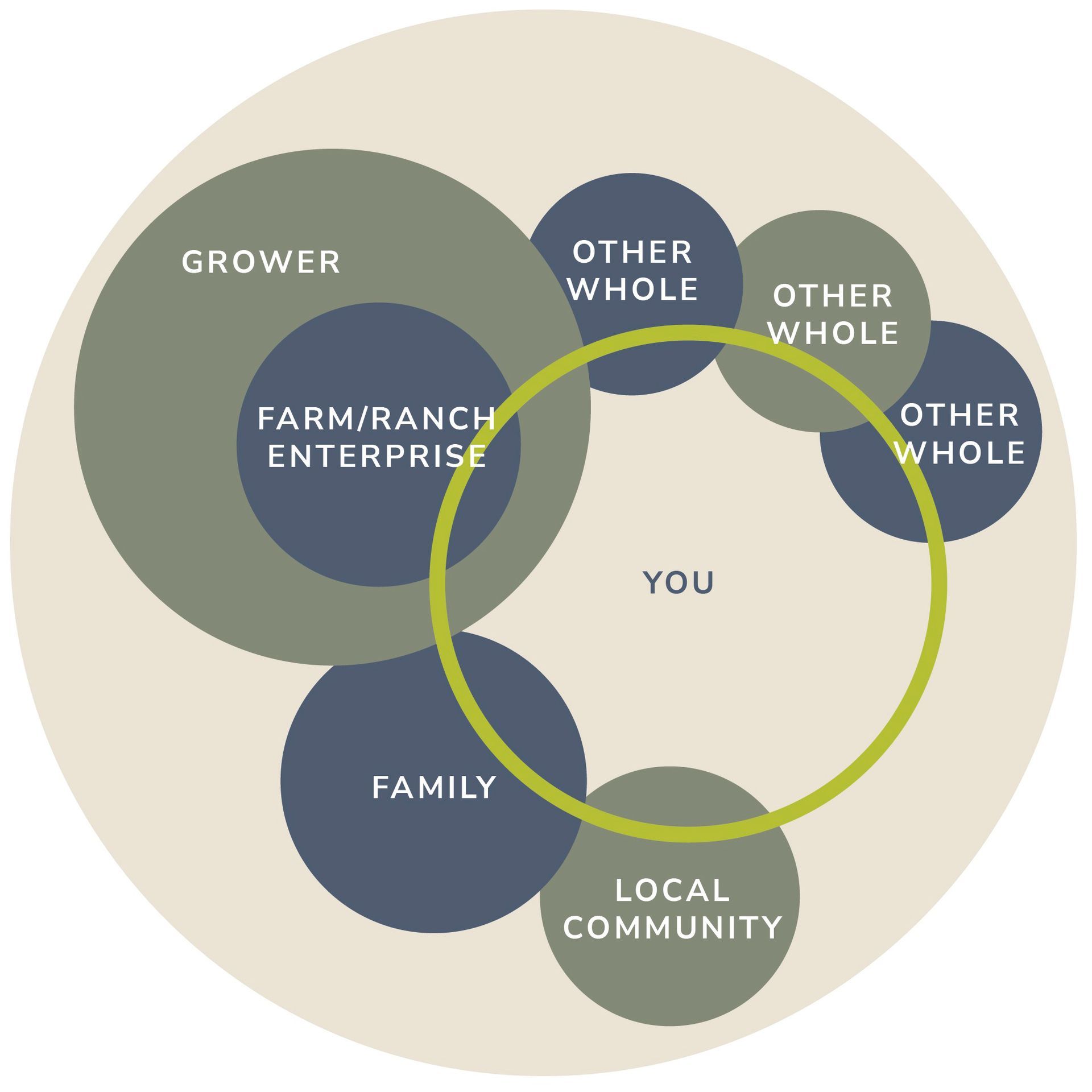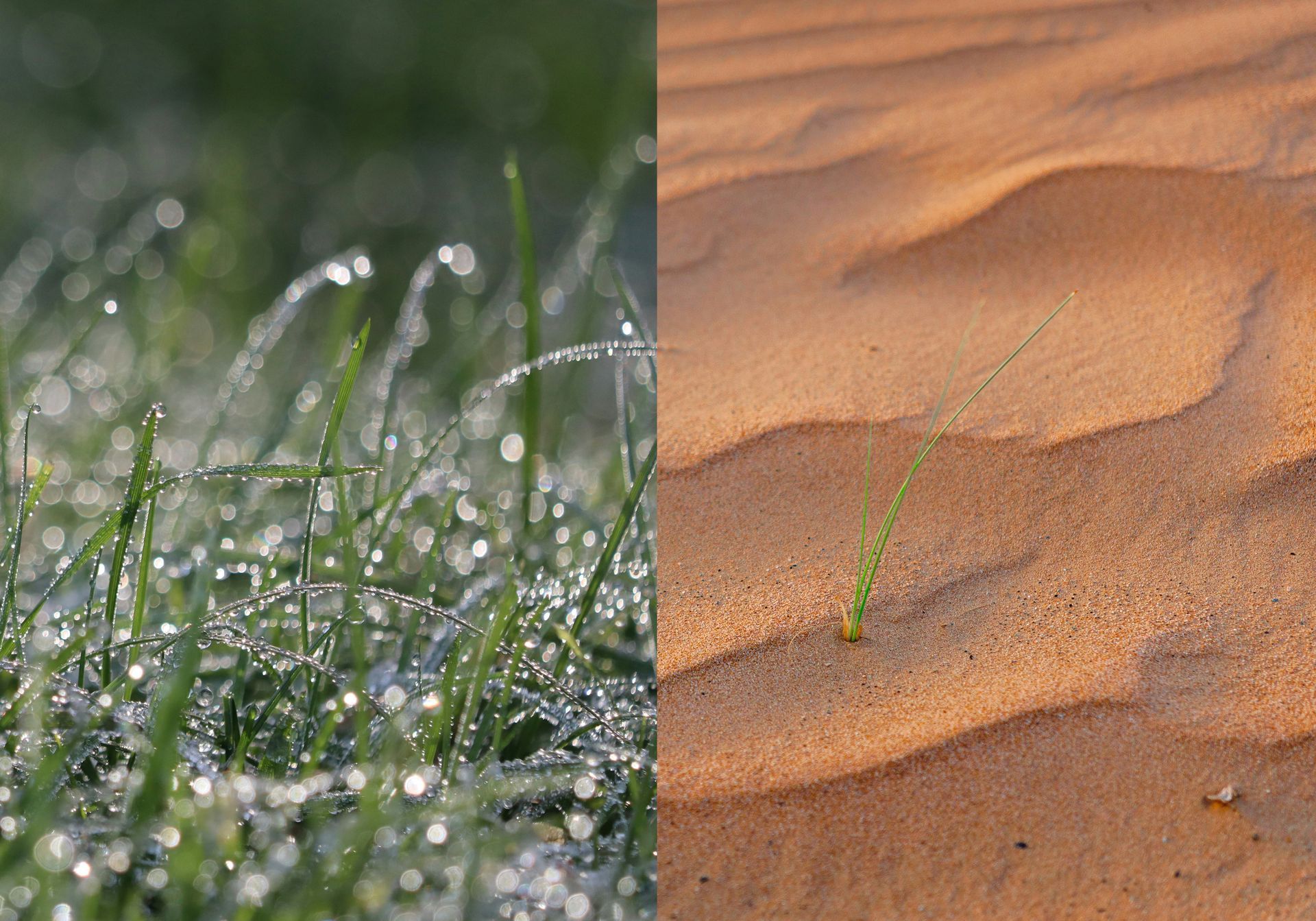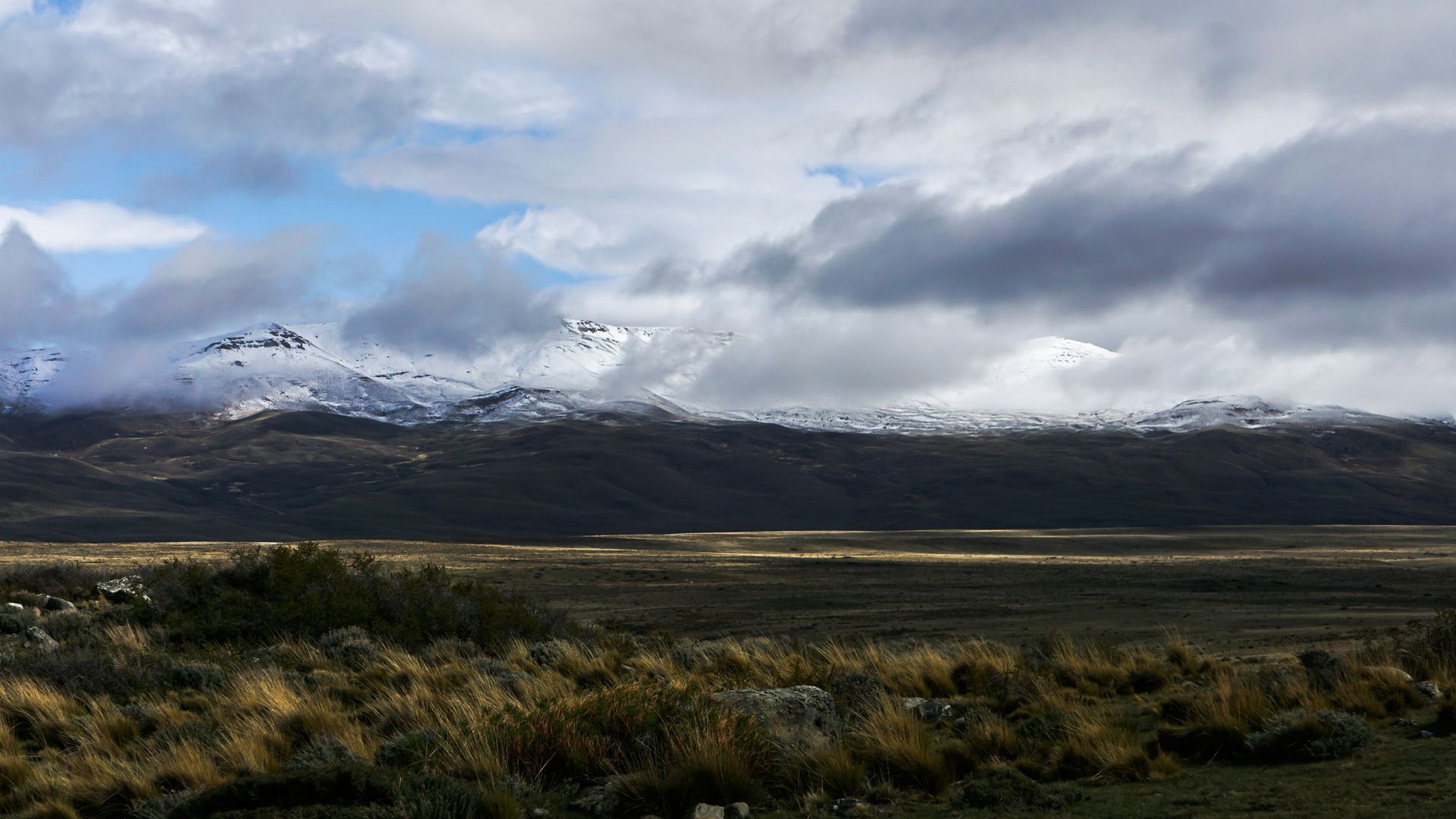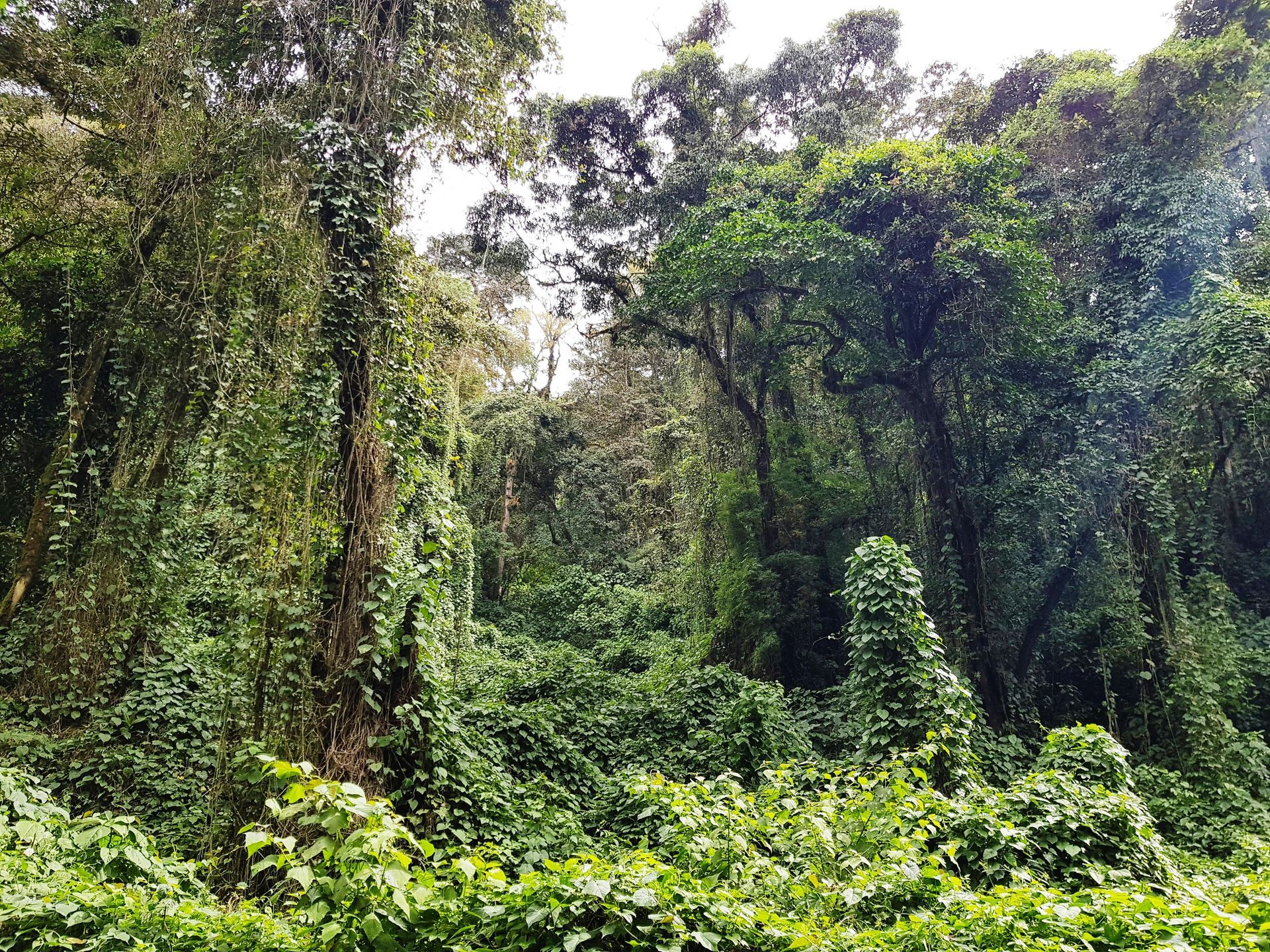Put wind back into your sails
We are sharing wisdom, to put wind back into our collective sails, from a recent exchange between Abbey Kingdon Smith and Allan Savory, both of the Savory Institute.
Hi Allan,
I was on a call with several hub leaders this morning, and they are feeling tired, low energy, overwhelmed. I know I've felt this way too, especially with the horrible fires in California, and wondering if I did enough, soon enough?
What do you do to give yourself energy to keep going? You've fought harder than any of us, for longer than any of us? If you have words of advice, a quote, a story, I would LOVE to share it with the hub leaders.
I hope you can help us!
Thanks,
Abbey
Dear Abbey,
Your message really hit me emotionally. I have needed a couple of hours thinking about it and how such situations might be so different for each of us. I myself am astounded at the resilience of some people I hear about. Some, like child soldiers growing up in the most unimaginable conditions of abuse, violence and utter hopelessness, but who get out of it and eventually become educated and lead balanced lives. I know from personal experience that the sense of despair can feel overwhelming.
Often I have been asked by reporters, or people interviewing me over the years, what kept me going against all odds, obstacles and powerful enemies. Being asked that so many times gave me time to think about it deeply. I summed it up with one word. Caring. I cared so deeply for my country, the environment with its wonderful wildlife, and my children growing up, that I was prepared to do anything and everything I could to ensure their continuation, including giving my life if need be. Being in a prolonged war at the time I could see little purpose in being prepared, as so many of us were, to fight and die for politicians and policies we did not believe in. In fact, not to be prepared to do the same for the environment and our children was unthinkable. Thinking about that and making a pledge to myself changed me, or I should say hardened me, to really meaning it, and not just saying it to myself. My actions from that day in about 1960, to this day reflect that determination to do anything that was necessary despite any opposition.
Like you and the hub leaders, I have my up and down periods and when I feel down I try to distract myself -- read, go fishing, whatever -- and I try not dwell on serious work because it affects me and anything I do. In Rhodesia during the darkest days when we were losing everything in a raging civil war I faced and outlined the realities clearly and showed how hopeless our situation was as non-racist, moderate, sensible, non-political people (about one-third of whites following me, against most whites who were racial and fearful, and a population of millions of tribal blacks, themselves in conflict). I always spelled out the realities clearly and did not, as others did, smokescreen them when reporters from all the main media circled round us like vultures. Those reporters would ask, “Allan, with your realism and no hope of success, why are you even fighting for what you believe?” And I would reply, “Simply because I cannot give up and live my life doing the wrong thing. I will fly a flag of sanity till the end.”
As you see Abbey, I have experiences but not answers; those have to come from each of us. I am not religious so have since childhood believed I had to be my own judge, and not some god or any person out there judging me. And as Gandhi said, we can all only be the change we expect. A wise statement indeed. At one time when my sister lay unconscious and dying I realized why we need religions. As I sat by her bedside day and night I desperately needed a god to pray to for help but realized I had to will life into her myself, as I had no higher belief than nature, and the universe as god, if there is one. To draw on yourself for inner strength is mentally and physically exhausting, but there have always been people who do so in incredible situations. I don't think I have what it takes when I compare myself with their situations.
What I am sure drives you, and many more in our movement, is a desire, spoken or unspoken, to live truly meaningful, not shallow lives. We are judged by our actions and not our words, as we know when developing our own Holistic Context. And that is both an outer judgement by others affecting us, but also an inner self-judgement on which our self-esteem rests. Those amongst us living lives beyond our own egos, money, position and power have a better chance of remaining intact and not breaking-down under stress and depression, I believe. No matter what we do in planning our time and our lives, stress at times builds-up, often with a series of setbacks on top of one another, or seemingly unmanageable setbacks. When this happens, as it does to me, I simply recognize it and acknowledge that I am stressed and force myself to relax. I distract myself in some way and don't even try to deal with people or any of the issues for a short while, just to get balance and perspective back. Stress to me can be like accidents. A bad accident can so often be traced back to a series of small incidents, putting oneself off balance and into hasty action, etc. leading to the accident. Pilots, as I was for years, learn this lesson, or don't last long.
The most calming thing I have learned is our own process of managing our lives and any situation holistically -- i.e. not simply meeting our own needs and desires, or dealing with problems, but living our lives in our own Holistic Context. However, very few, even in our own ranks, do so and the moment there is a difficult situation or even just sliding back, they (and me at times till I pull myself up consciously) revert to the usual management by arguing, promoting actions, meeting needs or desires and forgetting their Holistic Context. Starting anything with that total agreement, before any actions (always the things causing our stress it seems) are discussed, changes the entire dynamic between humans.
What we, the hubs, their leaders and Accredited Professionals are doing is, I genuinely believe, the most important work for humanity imaginable. Without management, including policy, being holistic in a national Holistic Context, there is not the slightest hope of agriculture being regenerative, any economy being able to sustain any nation, any business in the world being sustainable, or any church or religion sustaining its people. That we experience the frustrations we do with now over half a century of Holistic Management, and not a single environmental or cattlemen's organization accepting that management has to be holistic is understandable. That has happened every time in history something has been discovered that goes against thousands of years of human beliefs. And as we know, two simple management (not scientific) discoveries we developed go against human beliefs.
So, our road ahead will continue to be bumpy and rough, but at the end there is hope and light. Mankind meanwhile on the reductionist management road will travel well-funded and awarded into one tsunami following another with no light and no hope at the end of the road. I wish we could get the most respected science and management Nobel laureates and experts to publicly discuss this with us, but they will not.
I know in earlier days when I was training everyone personally I used to use Churchill's examples about never, ever, ever giving up. Perhaps because they so influenced me as a little boy. I hope you guys will care enough about your families, and countries in the case of hubs, to never give up. We have a great team with quality being more important than quantity at this point. I know I will die before giving up, no matter how many depressing days I have, and I could not live with myself if I gave up. What is there out there that is a greater cause to live for?
For me I felt great relief and hope when at our last team meeting we agreed to bring about regular refresher training for Accredited Professionals at our campuses or elsewhere. As said, structures will not keep our work undiluted, for they are capable of destroying it as badly as active enemies; but, constant communication, and relationships with an essential core of trainers may well do so. Were it not for Covid, I believe we would be doing that by now. Let's make it happen, as I know you are doing.
I don't know if my rambling helped, but hope it gives you food for thought. And please know how much I appreciate all that all of you are doing and going through.
Love.
Allan
Allan Savory
"Nonconformity is the highest evolutionary attainment of social animals.”
Aldo Leopold.
President, Savory Institute, Boulder, Colorado, USA
Chairman, Africa Centre for Holistic Management, Zimbabwe
www.africacentreforholisticmanagement.org


